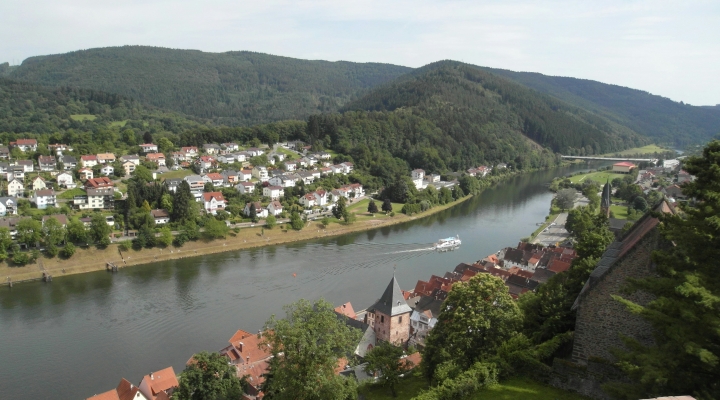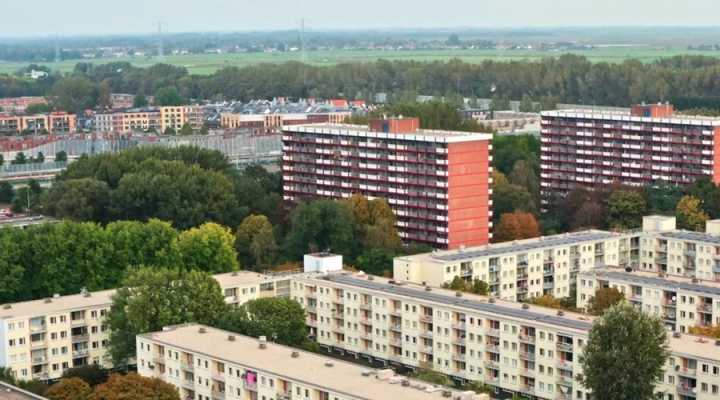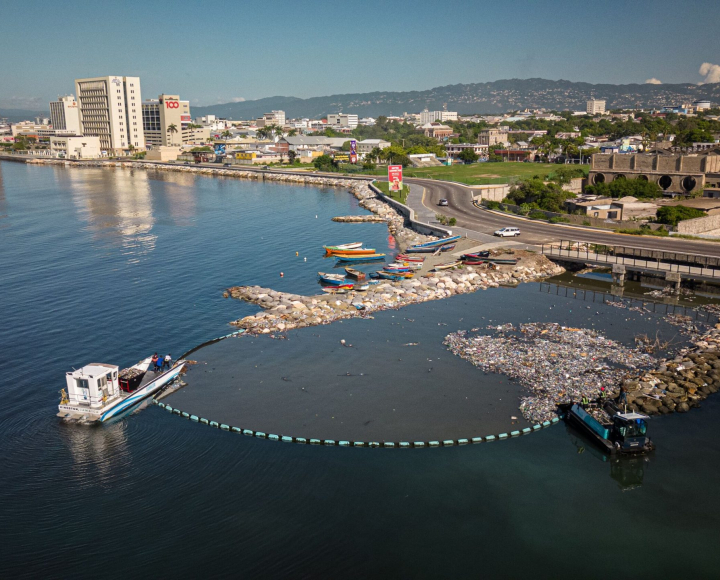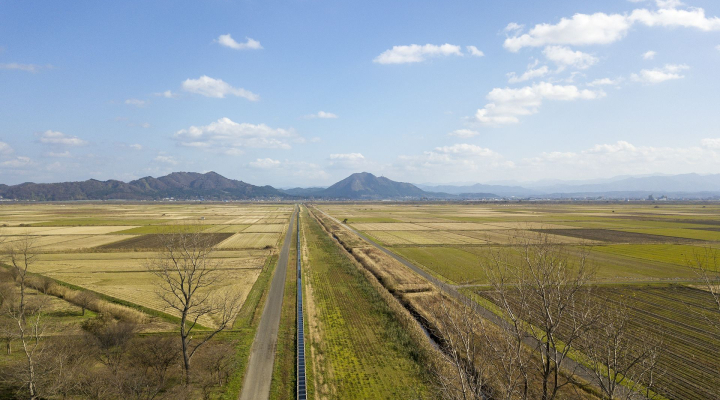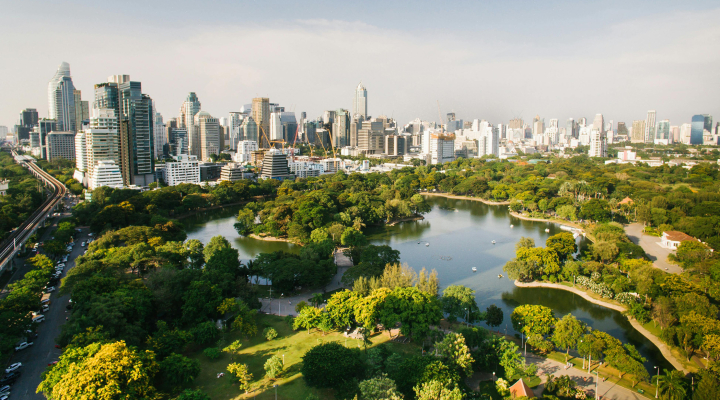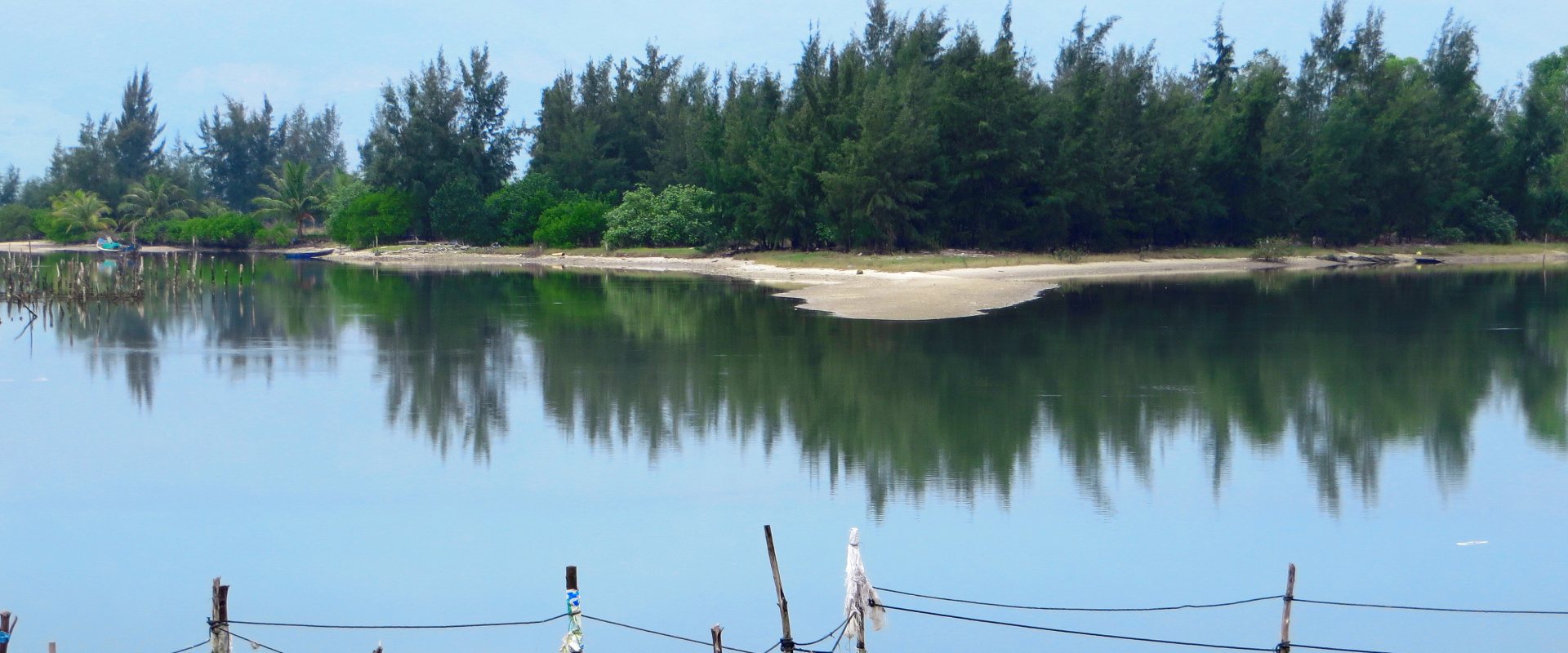
Sustainable rice and shrimp production in Mekong Delta
The World Wide Fund for Nature (WWF) and the Dutch Fund for Climate and Development (DFCD) seal a ground-breaking partnership to reverse the degradation of the Mekong Delta in Vietnam
The partnership aims to implement new farming models for the sustainable production of rice and shrimps, in an era of climate change and soil subsidence.
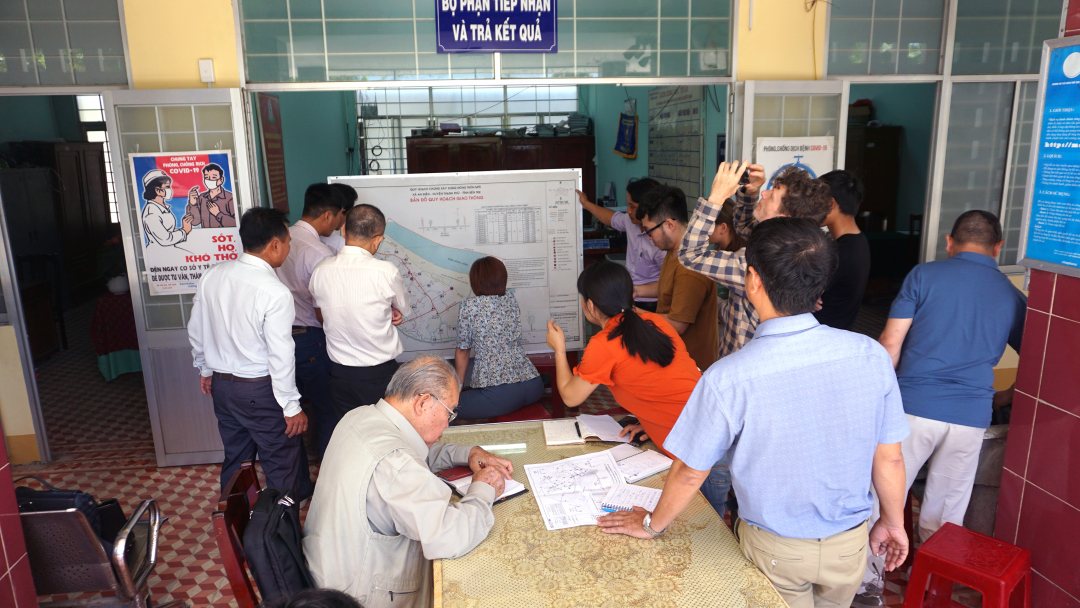

Proof of concept
As part of this partnership, the DFCD approved a 350,000 euro grant for Minh Phu Seafood Corporation, the country’s largest shrimp producer, to lead the implementation of the newly developed farming model for a mixed production of rice and shrimp.
Following proof of concept, Minh Phu is seeking a 35 million ten-year loan to implement the full project from the second quarter of 2022. With the help of its partners, it will introduce the new way of farming on 30,000 hectares by 2028. But Minh Phu’s ambitions are much bigger than that.
Other partners in the project are TV Food Company Ltd., a rice exporter, the Vietnamese local government of three provinces and Deltares, a leading Dutch applied research institute into deltas. Their co-funding takes the total project budget to 800,000 euro.
Mixed rice-shrimp aquaculture ponds
In the original model, farmers cultivated rice as an intense monoculture on one part of their land and shrimp on the other. Diseases spread easily and the high use of chemical fertilizers, pesticides and antibiotics killed all biodiversity. Meanwhile, the farms became more and more vulnerable to droughts and the intrusion of salt into the land.
To create a climate-resilient landscape (in line with the Vietnamese government’s climate plan), the Mekong Delta Integrated Rice and Aquaculture Project has designed mixed rice-shrimp aquaculture ponds. The ponds produce rice & freshwater shrimps in rainy seasons and raises brackish-water shrimps in dry seasons and periods of saltwater intrusion.
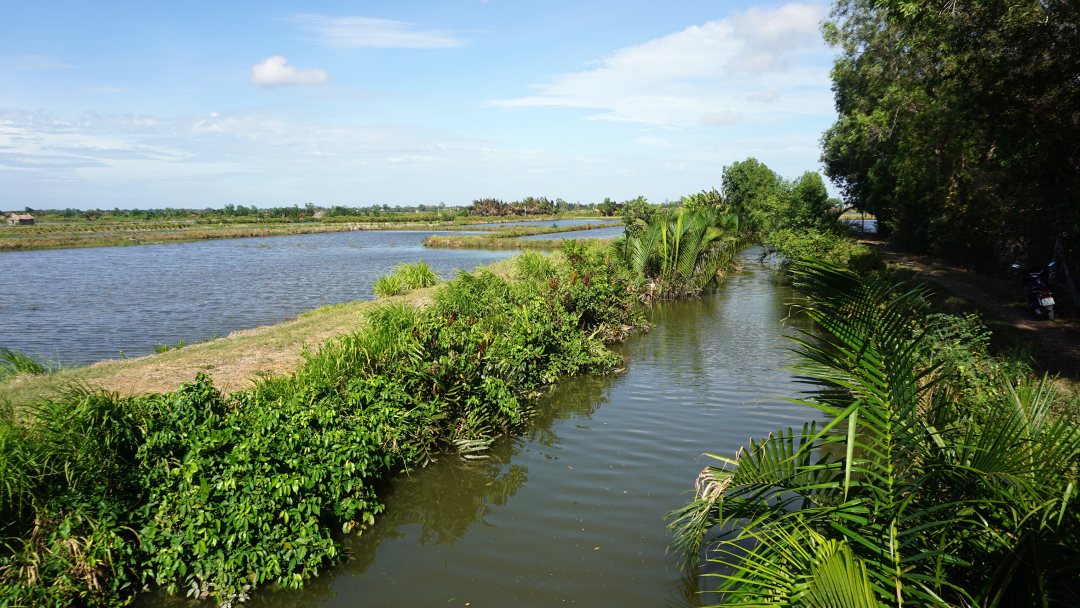

Restore natural sedimentation
The first thing that needs to happen is to restore the natural sedimentation process to allow the mixed rice paddies to be fertilized naturally by shrimp manure and nutrient-rich flood sediment. Current practices and associated infrastructure have disconnected the river channels from the floodplain thus most fields are not flooded by river water in the delta notably to avoid the effect of chemicals and pathogens.
By reconnecting the paddies and ponds to the natural river channels, which remain relatively clean, healthy sediment can flow into the paddies again. Separate intake channels for clean water and discharge channels for used water will be created.
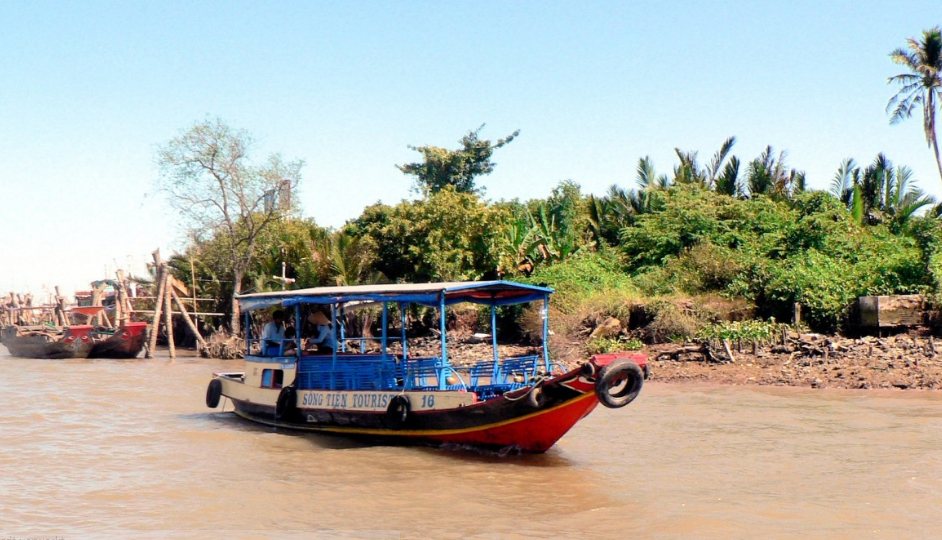

Shrinking and sinking river delta
The Mekong Delta, home to 17 million people in Vietnam, is one of the world’s most productive ecosystems with two to three rice crops a year and more than 450 different species of fish. At the same time, it is one of the regions in the world most vulnerable to water and climate disasters. Intensification of human activities and climate change across the entire river basin in six countries have altered natural water and sediment flows. In addition, land and water use within the delta are affecting its ability to cope. As a result, the delta is sinking and shrinking.
About DFCD
The DFCD enables private sector investment in projects aimed at climate adaptation and mitigation in developing countries. The Dutch Ministry of Foreign Affairs has made available 160 million euro to increase the resilience of communities and ecosystems most vulnerable to climate change. With such efforts at the forefront of the DFCD, they play a pivotal role in contributing to the Paris Agreement as well as the United Nation's Sustainable Development Goals.
The fund is managed by Climate Fund Managers (CFM), World Wide Fund for Nature Netherlands (WWF-NL) and SNV Netherlands Development Organisation, and led by the Dutch Entrepreneurial Development Bank FMO.




